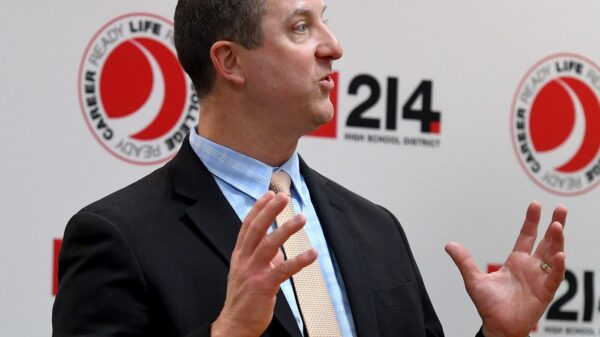UPDATE: Former White House Press Secretary Karine Jean-Pierre has officially left the Democratic Party, declaring her inability to “stomach” the party’s treatment of President Joe Biden. This startling revelation comes from an excerpt of her new memoir, “Independent,” and was discussed on Jesse Watters Primetime.
In a candid reflection, Jean-Pierre detailed her emotional response to Biden’s unexpected decision to drop out of the presidential race. She described the moment as one filled with anger and heartbreak, emphasizing that Biden, who dedicated over 50 years to public service, was mistreated by his own party. “I was stunned, my feelings a blur,” she wrote, expressing deep disappointment in how the party has treated its leaders.
Jean-Pierre’s departure from the Democratic Party marks a significant moment in political history. She was the first Black woman and openly queer individual to serve as a White House press secretary, having previously worked on presidential campaigns for Barack Obama and analyzed politics for MSNBC. “The Democratic Party had defined my life, my career,” she noted, highlighting her longstanding loyalty.
Amidst the fallout, Jean-Pierre accused party members of creating a “firing squad” atmosphere that ultimately pressured Biden out of the race. She recalled the dismal debate performance against Republican Donald Trump that intensified scrutiny on Biden. “Everything I’d done to make people’s lives better had been connected to it,” she lamented.
On June 2023, Jean-Pierre announced her shift to independence, stating, “I don’t think I can stomach being in the Democratic Party anymore.” This decision reflects a growing sentiment among some party members who feel disillusioned by the current political landscape. Following Biden’s announcement, she contemplated how to channel her disappointment into action and remain committed to her beliefs without blind loyalty.
Jean-Pierre’s move is not just a personal change; it underscores a larger trend in American politics as the Democratic Party grapples with its identity and voter connection, particularly among men. Political analysts, including Mark Halperin, have noted the urgency for the party to address these concerns to regain support.
As the political climate evolves, Jean-Pierre’s story resonates with many who feel similarly betrayed by party politics. Her memoir offers an inside look at the tumultuous landscape of political loyalty and personal conviction.
Stay tuned for further updates on this developing story as the implications of Jean-Pierre’s decision continue to unfold.







































































